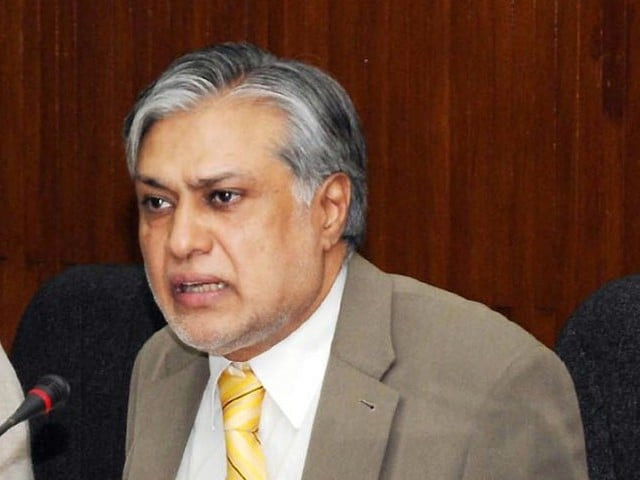Relying on the IMF
Finance Minister Ishaq Dar has declared that the country no longer needs the IMF’s financial support

A file photo of Finance Minister Ishaq Dar. PHOTO: INP

However, Mr Dar’s statement should not be considered in a vacuum. He was quick to point out that “economic gains of the past two and a half years” need to be consolidated. Falling oil prices and increasing tax rates have helped address the country’s single-most pressing issue — low tax revenues. But economic growth is still not at the required level, putting pressure on the country’s fiscal side. While core stability has been achieved, privatisation of state-owned entities continue to be a challenge. The IMF bailouts help the country, which in turn provides packages to loss-making public-sector companies. This cycle will not end unless the end-part of the chain is fixed. The IMF director has already stated that all political parties need to form a consensus on the national economic agenda. Consistently agitating against literally every move the government makes to enhance economic growth is not the answer. A democratic polity should ideally allow for intelligent debate, which takes into account all aspects before arriving at a well-conceived, long-term solution to problems that is stuck to even when the government changes. This is something found lacking in Pakistan. The privatisation issue remains the key challenge for the country and has the potential to cause much division, while having huge implications on the budget. Unless this dilemma is resolved, Pakistan’s reliance on bailout packages cannot be ruled out.
Published in The Express Tribune, April 11th, 2016.
Like Opinion & Editorial on Facebook, follow @ETOpEd on Twitter to receive all updates on all our daily pieces.














COMMENTS
Comments are moderated and generally will be posted if they are on-topic and not abusive.
For more information, please see our Comments FAQ